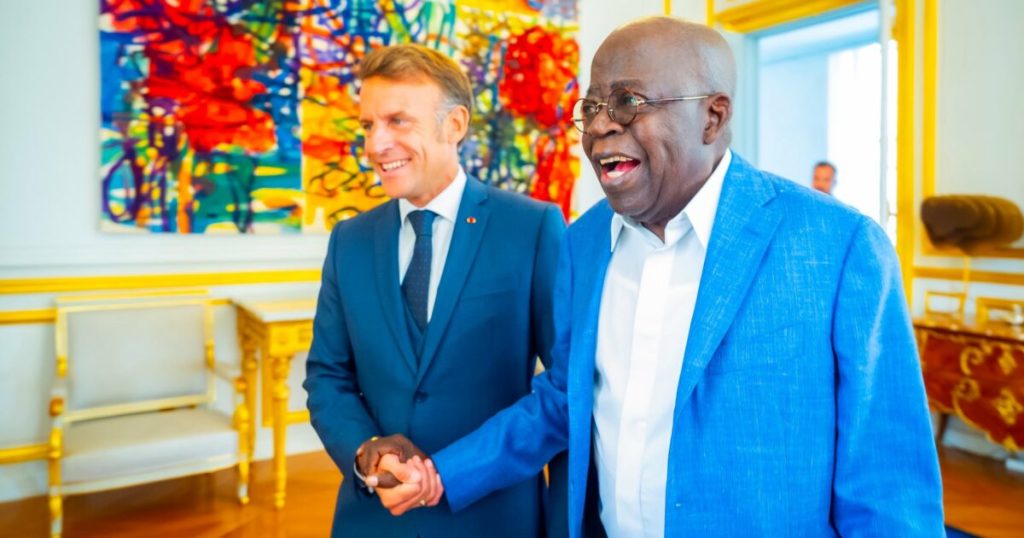President Bola Tinubu’s presidency, even in its nascent stages, has been characterized by a whirlwind of international engagements. From January to September 2025, his itinerary has spanned continents, covering a diverse range of diplomatic missions, from attending summits and bilateral meetings to state visits, presidential inaugurations, and working vacations. This flurry of activity underscores a proactive approach to foreign policy, aiming to solidify Nigeria’s position on the global stage and foster partnerships across various sectors. His frequent travels reflect a commitment to engaging with world leaders, attracting foreign investment, and promoting Nigeria’s interests on issues ranging from trade and energy to security and climate change.
A dominant theme in President Tinubu’s travel schedule is his repeated engagement with France. His working lunch with French President Emmanuel Macron at the Élysée Palace in September 2025 marked his seventh visit to Paris within just nine months of assuming office. This consistent interaction signifies a prioritization of the France-Nigeria relationship, likely aimed at strengthening economic ties, exploring collaborative opportunities in areas like energy and security, and seeking support for Nigeria’s development agenda. The frequency of these meetings suggests a deep engagement between the two nations, emphasizing the importance of France as a strategic partner for Nigeria.
Beyond France, President Tinubu’s travels demonstrate a broad diplomatic outreach. His participation in key international gatherings like the Abu Dhabi Sustainability Summit, the Africa Heads of State Energy Summit, the African Union Summit, the BRICS Summit, and the Tokyo International Conference on African Development highlights his commitment to multilateralism and addressing global challenges. These summits provide platforms for discussing critical issues like climate change, energy security, regional stability, and economic development, offering opportunities for Nigeria to contribute to shaping global solutions and forging alliances with other nations.
President Tinubu’s travel log also reveals a strategic focus on strengthening relationships within Africa. His attendance at the inauguration of Ghana’s President and the African Union Summit in Ethiopia underscores a commitment to fostering regional cooperation and addressing continental challenges. These engagements reflect an understanding of the importance of strong regional partnerships for promoting peace, security, and economic integration within Africa. They also signify Nigeria’s role as a key player in continental affairs and its commitment to playing a constructive role in promoting African unity and development.
The President’s visits to countries like the United Arab Emirates, Tanzania, Vatican City, Saint Lucia, Brazil, and Japan further illustrate the breadth of his diplomatic endeavors. These trips demonstrate a concerted effort to diversify Nigeria’s partnerships, explore new avenues for cooperation, and attract investment from various sources. For example, his engagement with Gulf investors and officials in the UAE likely focuses on attracting investment in Nigeria’s energy sector, while his visit to Japan aims to secure partnerships in areas like maritime security and digital infrastructure.
In summary, President Tinubu’s frequent international travels reflect a dynamic and proactive approach to foreign policy. His engagements span various regions and encompass a wide range of diplomatic activities, from bilateral meetings and summits to state visits and working vacations. This active engagement on the global stage underscores a commitment to advancing Nigeria’s interests, strengthening its partnerships with other nations, and contributing to addressing global challenges. The frequency of his trips, particularly to France, highlights the importance of strategic alliances in pursuing Nigeria’s development agenda. The President’s diplomatic endeavors are instrumental in shaping Nigeria’s role in the international community and positioning it as a key player in both regional and global affairs.


